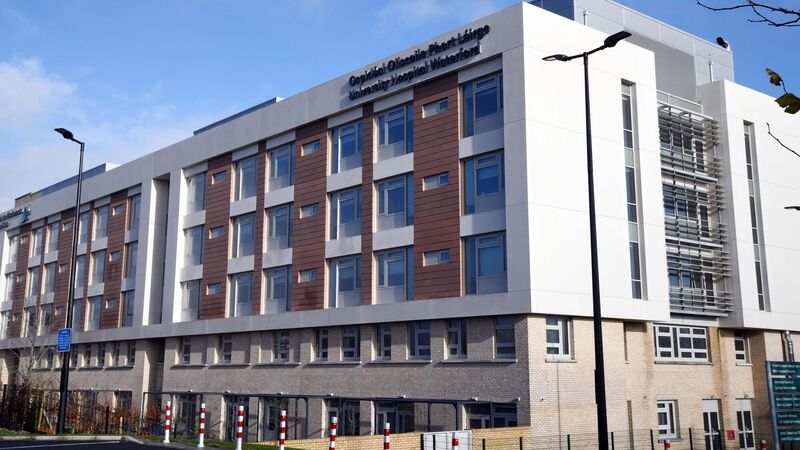Money buys better mental health treatment, commission warns

University Hospital Waterford: The Mental Health Commission has warned that financial status is having an increasing impact on the level of mental health treatment patients can access. Picture: Denis Minihane
The Mental Health Commission has warned that financial status is having an increasing impact on the level of mental health treatment patients can access.
The commission’s annual report, published today, found services run by independent or voluntary service providers tend to have higher overall compliance with standards than all but one of the HSE’s nine regions.










